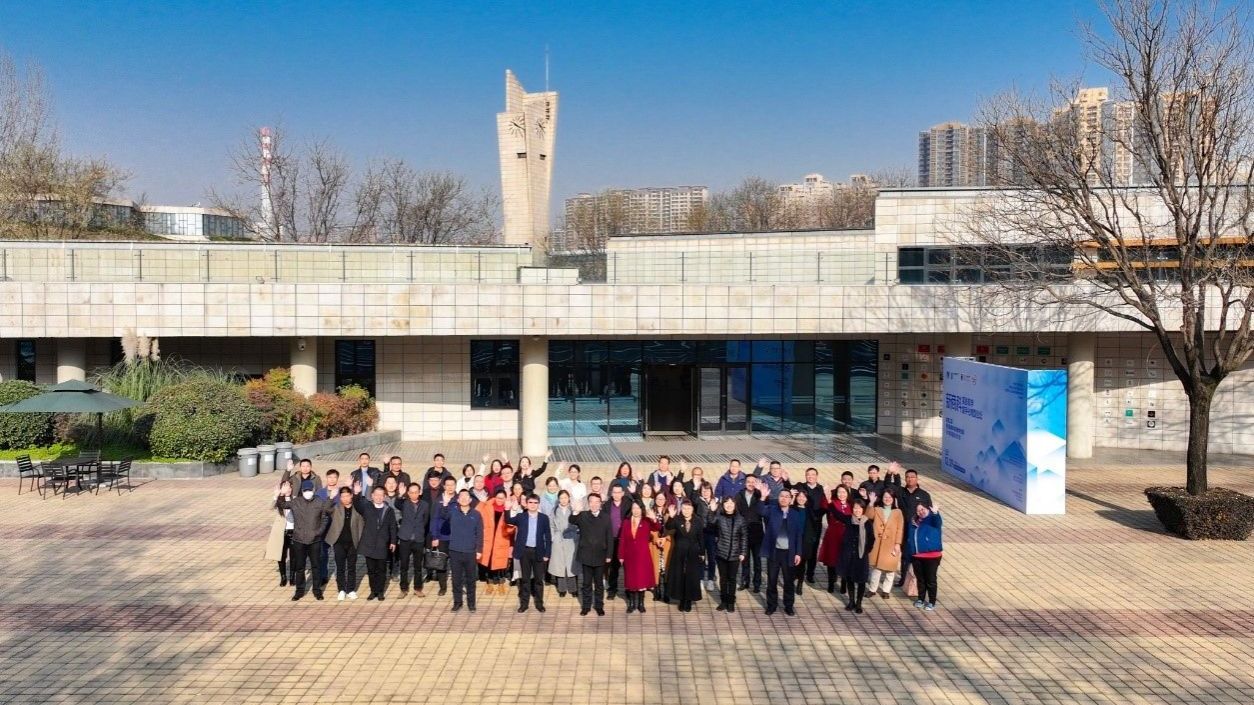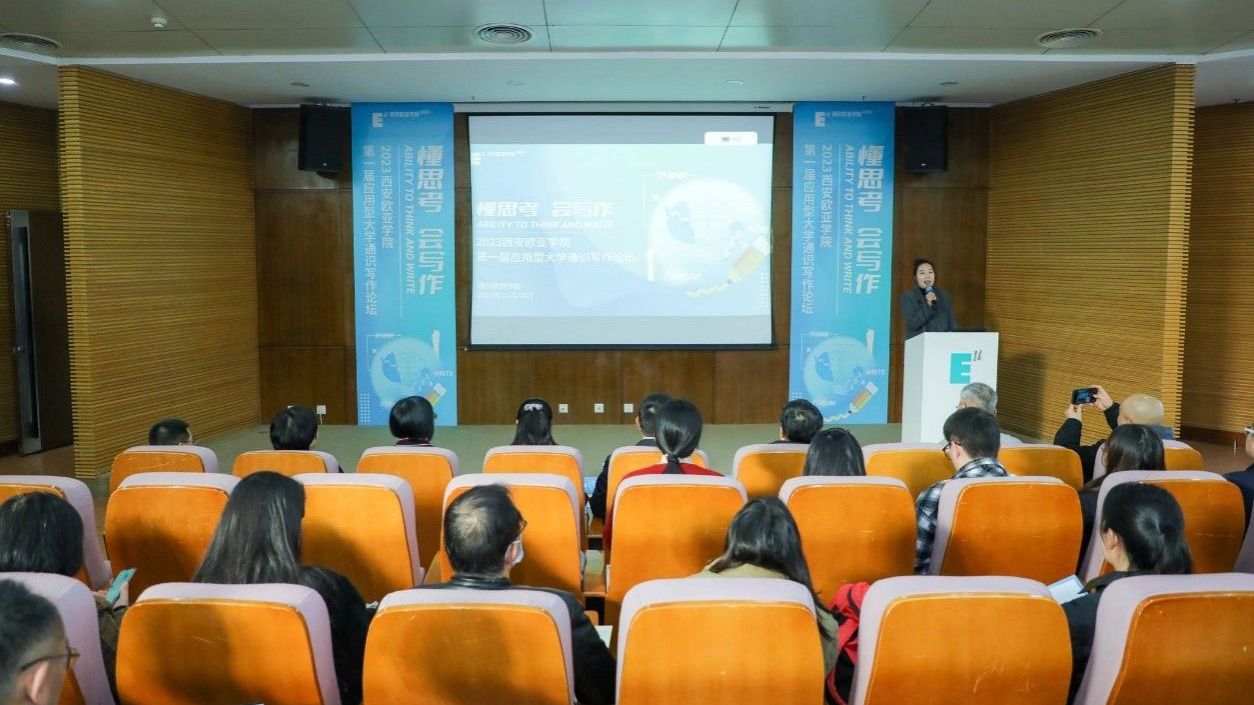Listening to in-depth interpretation of Drucker's ideas by the translator of the master's monographs;
Discuss with scholars the way of innovation under critical thinking and open rationality;
Exchange with entrepreneurs on the practical understanding of organizational and personal management;
Visiting Drucker Youth Community in colleges and universities and reading classics with teachers and students...
From October 27 to 29, the three-day and two-night study tour of The Effective Executive jointly organized by Xi'an Eurasia University and "12 Druckers" was successfully concluded. Nearly 100 representatives of entrepreneurs, scholars, teachers, and students gathered at Xi'an Eurasia University to delve into the ideological lessons from Peter Drucker's management classics to jointly create a bright future for individuals and organizations.
1
Listening to the Themed Sharing from Drucker's translator:
Learning About Effective and Responsible Management
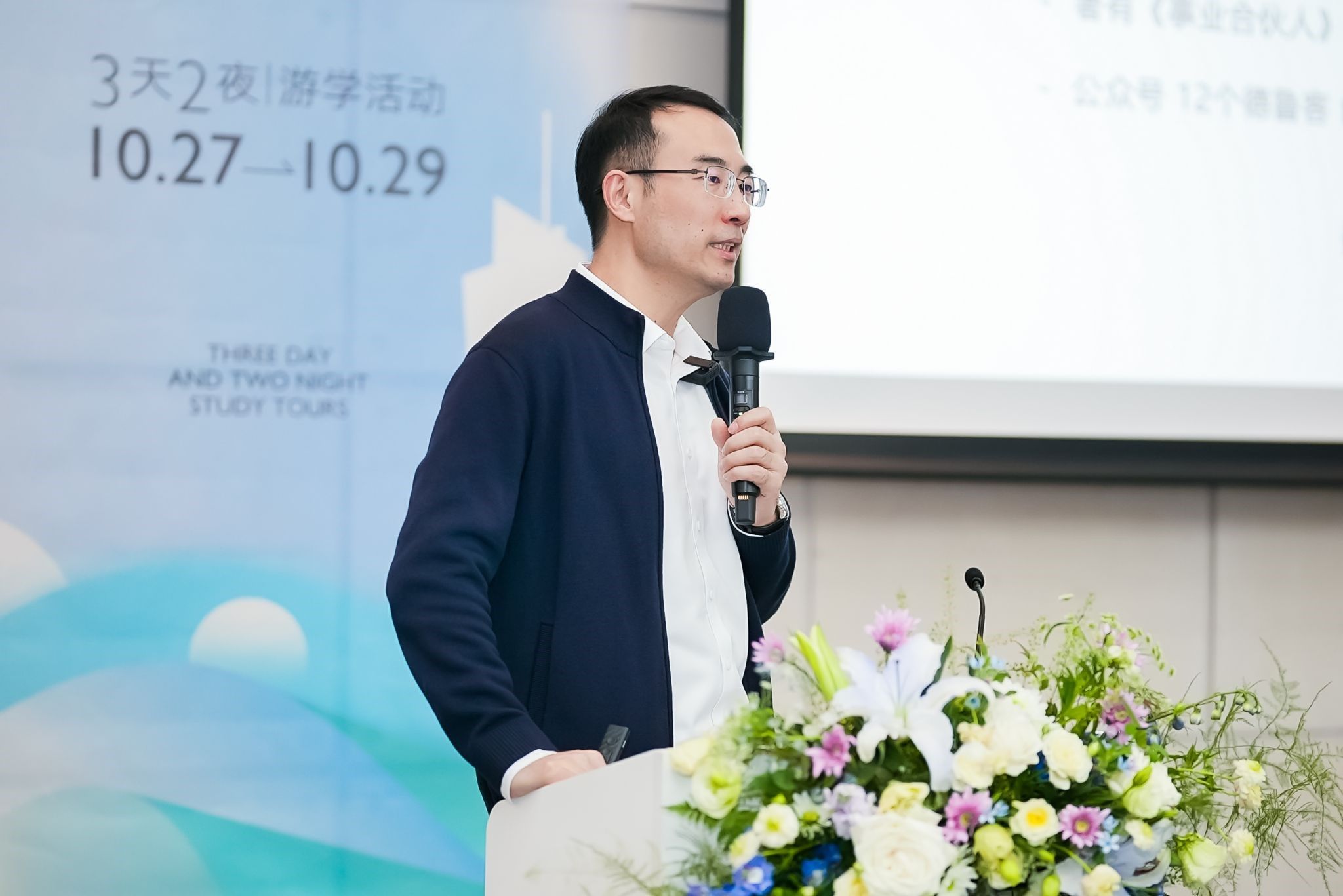
Kang Zhijun, founder of "12 Druckers", translator of Drucker on Management, and with 22 years of practical and consulting experience, was invited to conduct the two-day sharing session on the topic of The Effective Executive. Management should be effective, and can effectiveness be learned? The answer is yes. Kang Zhijun, focusing on goal management and self-control, guided participants back to the fundamental logic of management. Step by step, they deeply comprehended the essence of Drucker's management philosophy—cultivate oneself, empower others, promote business, and benefit the world, emphasizing the comprehensive development of performance, team, and self.
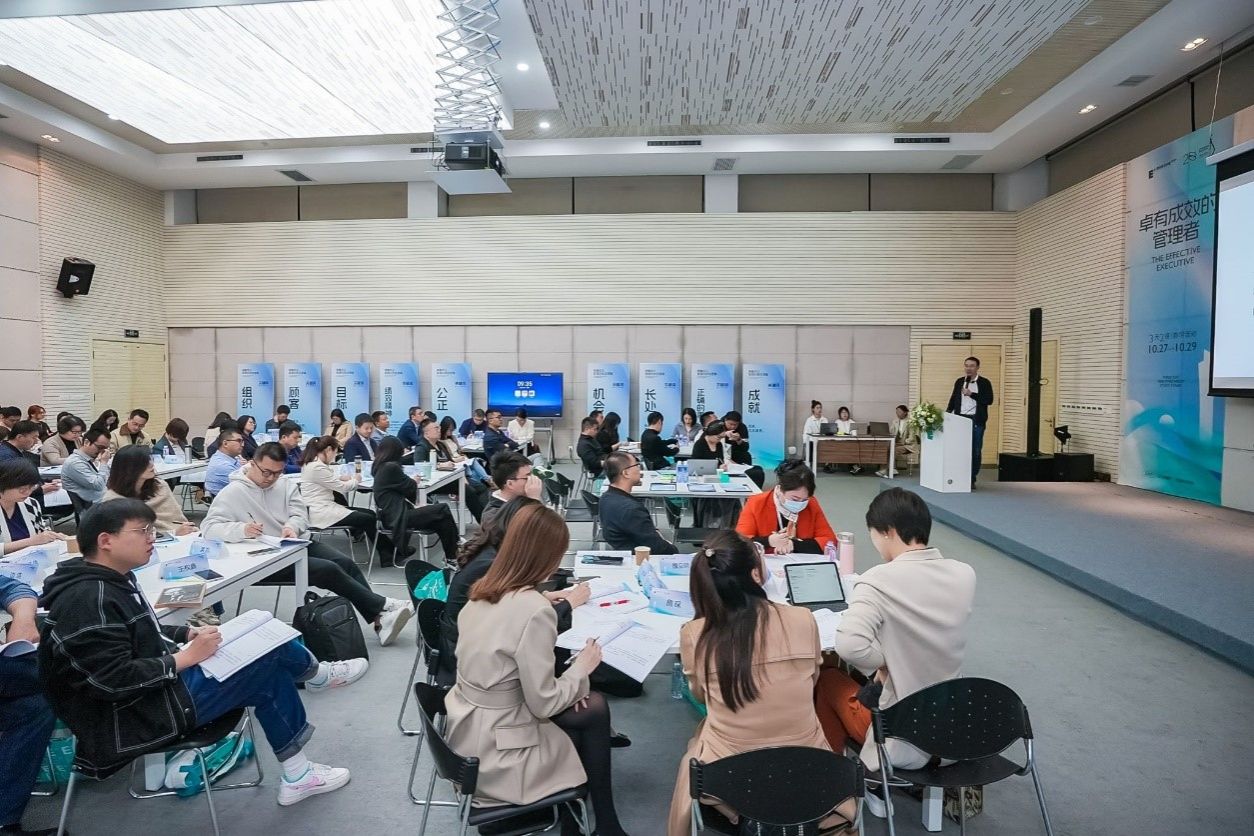
In the course, Kang Zhijun meticulously designed game sessions that helped participants experience the transition from focusing on individual goals to team goals, from being a disorganized group to a high-performance team, and from concentrating on the organization's development to the value brought to customers. This facilitated their understanding that the purpose of an organization is to enable ordinary people to achieve extraordinary things—leveraging the strengths of all members and helping others achieve excellent performance. Additionally, executives' unique roles and functions became clearer and more defined.
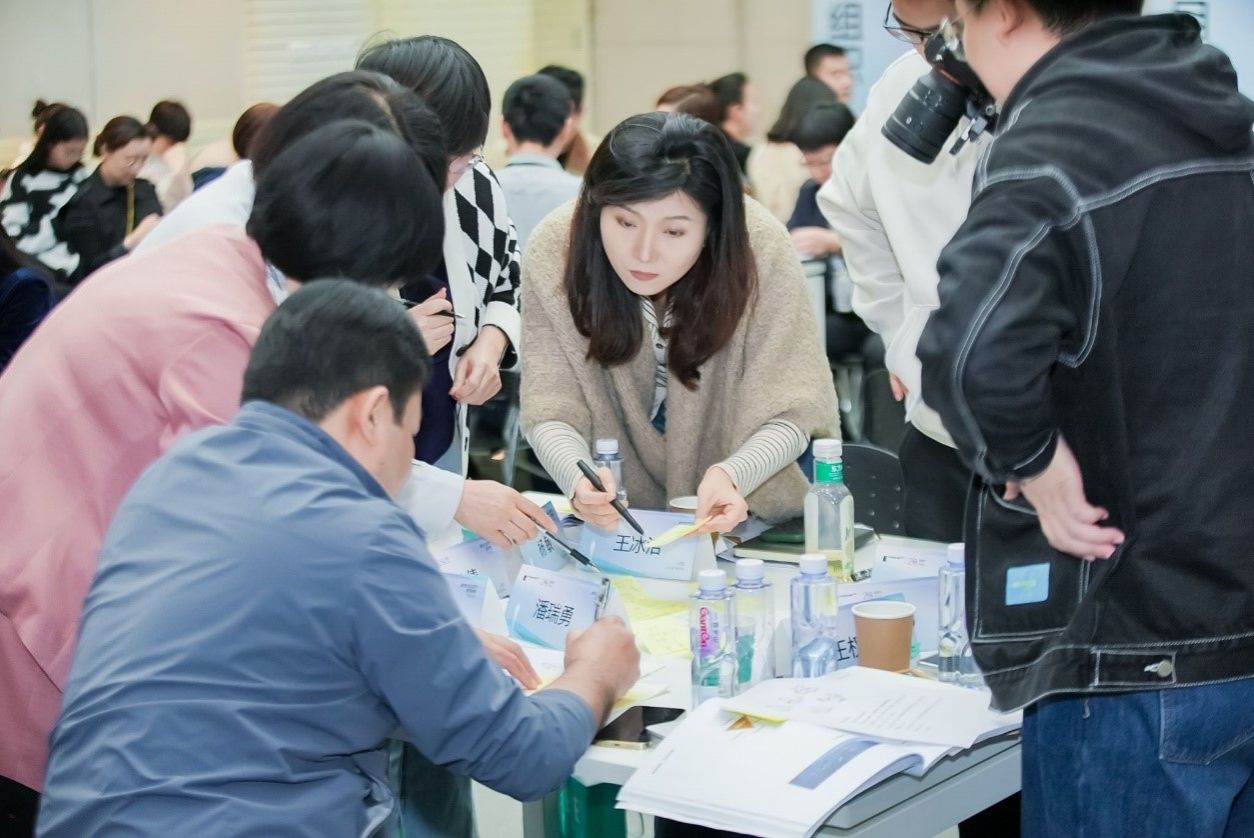
Through the five habits of effectiveness—focusing on contributions, first things first, effective use of time, building on strengths, and effective decision-making—Kang Zhijun outlined the approaches to outstanding performance for the participants. In Kang Zhijun's interpretation of five habits, students found detailed answers to questions such as when to improve efficiency, when to enhance effectiveness, how to transform their ideological advantages into the fine performance of the organization, how to turn decisions into action, and how to better manage time. The participants discussed and exchanged ideas with scholars and entrepreneurs present based on their own management practices.

First things first focuses on choosing rather than simply prioritizing; empowerment involves more inspiration than providing extra resources; people-oriented management is about setting high goals for employees so they can utilize their strengths and achieve something; proper interpersonal relationships in an organization emphasize contributions over mere harmony... As their understanding continued to evolve, participants gained insights from different perspectives. A fellow alumnus who has been in entrepreneurship for many years said that the two-day course helped him reconstruct the overall mindset of management, enabling him to identify leverage points to challenge the status quo and create the future."
2
How to Innovate:
Responsibility-Based Rationality
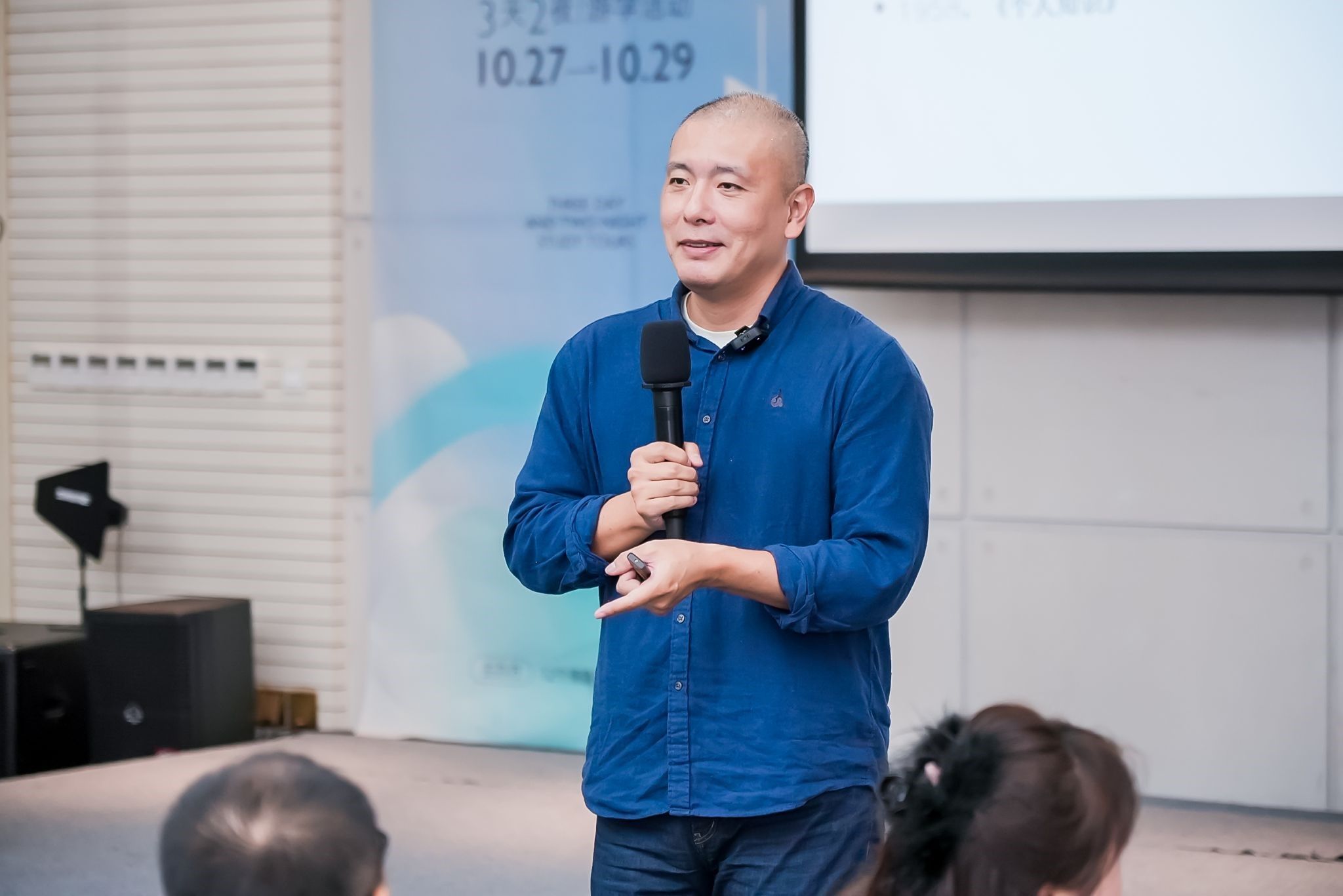
Peter Drucker's management philosophy, as a form of liberal arts, is rooted in the spiritual and cultural soil of humanity, requiring executives to possess a spirit of dedication, humanistic qualities, and a focus on values. Yang Wurui, the co-founder of the "12 Druckers" and a Ph.D. in literature, began by sharing three classic stories of foreign celebrities, initiating philosophical reflections for everyone present on how to apply our rationality.
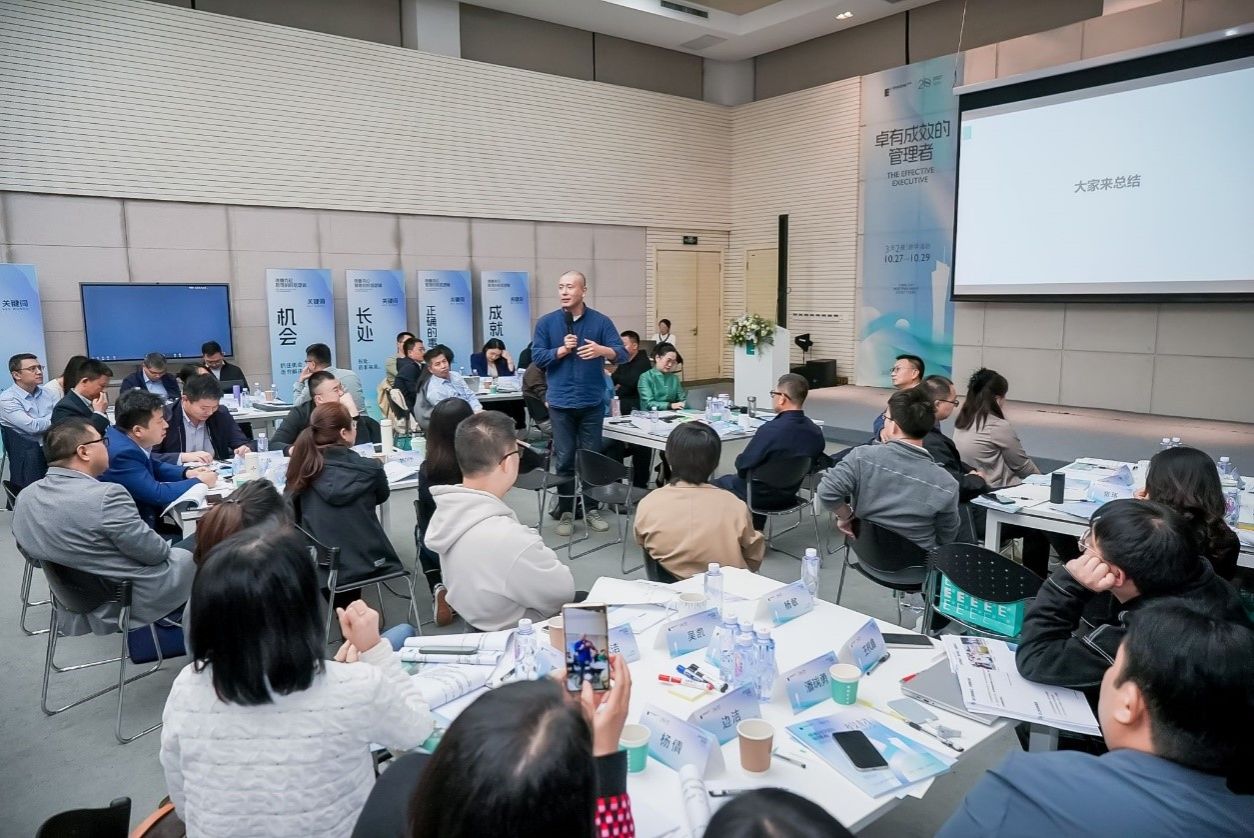
How should human society generate order? Yang Wurui, through the metaphor of the Grand Inquisitor by Russian writer Dostoyevsky, the discussions of liberalism and individualism by John Rawls, author of A Theory of Justice, and the question posed by Michael Polanyi about 'the thief next door'—what kind of social system is more conducive to science, and where does scientific research questions come from—introduced a deeper understanding and construction of the term 'rationality'. He deduced rationality as a function, a feeling, and an ideology, highlighting responsibility-based rationality beyond ordinary and super rationality, providing everyone with a new perspective on the world.
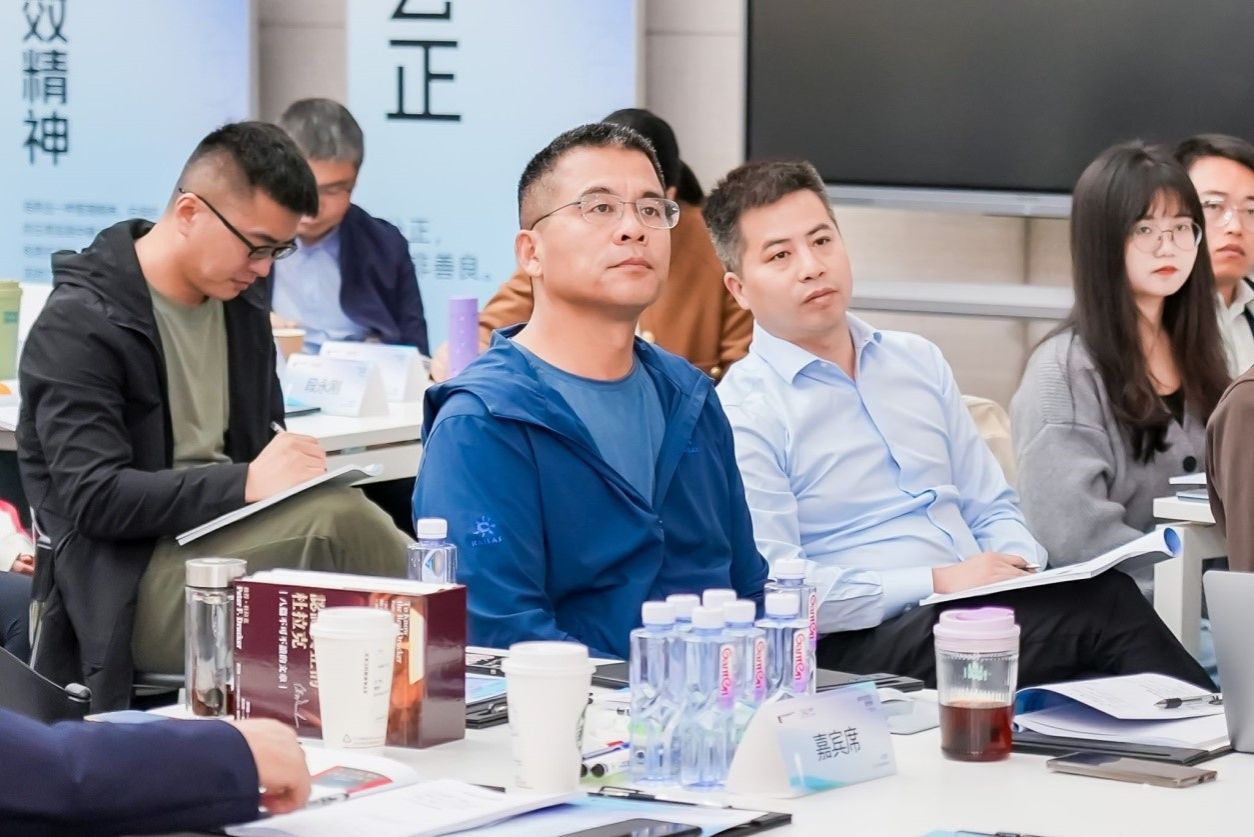
What is entrepreneurship from such a three-dimensional perspective? He proposed respecting natural laws, practicing responsibility, and actively participating in, creating, and honoring "reality". He also shared with the attendees the teachings and inspirations of Michael Polanyi, Herbert Simon, Joseph Schumpeter, and Peter Drucker on how entrepreneurs can engage in and create "reality".
3
How to Break Through The Strategic Predicament:
Find Your "Rightness"
Independent thinking is to avoid being swayed by others' "rightness". Professor Hu Jianbo, chairman of Xi'an Eurasia University, began by questioning whether there is absolute rightness and a universal truth, guiding participants to understand the underlying logic and essence of critical thinking.
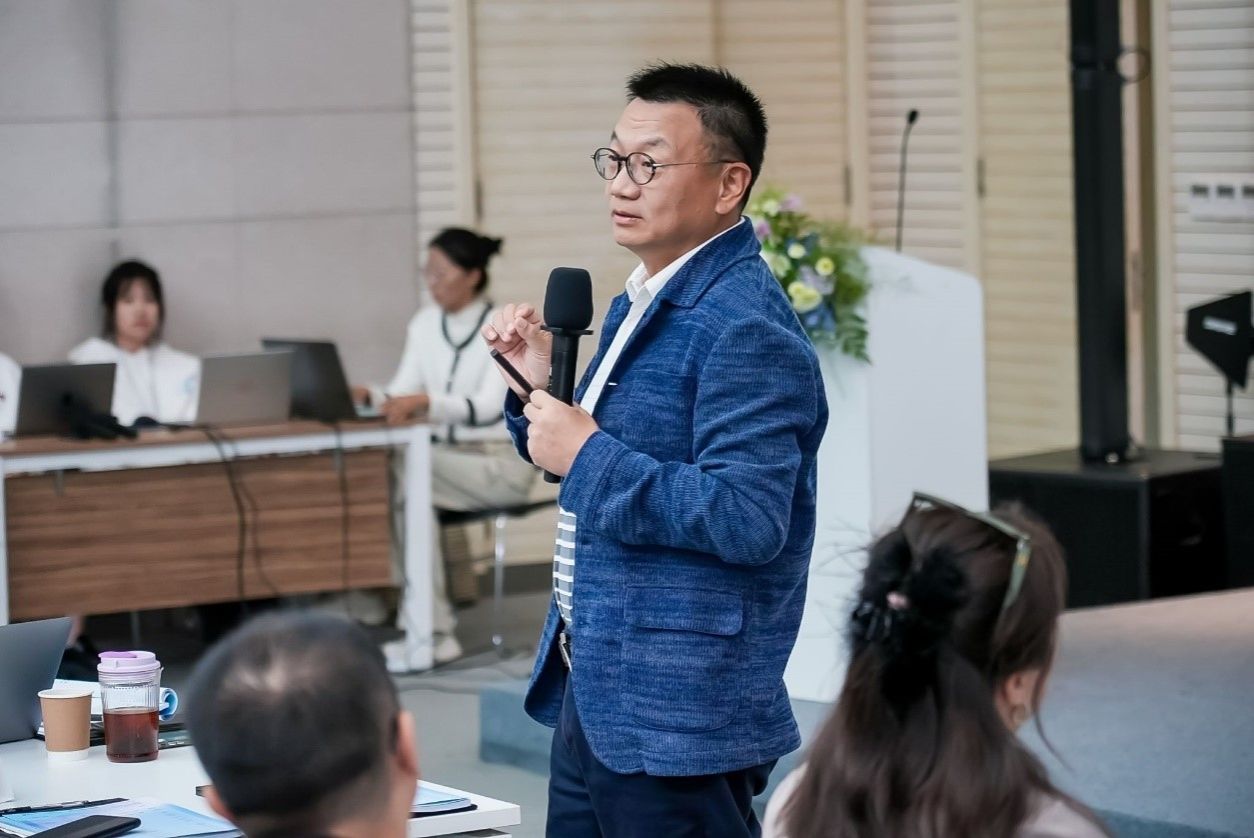
Relentless questioning, embracing dissent, and actively taking responsibility... He explained the characteristics of critical thinking and its manifestation in management practice from three aspects of dialectical mindset. Relentless questioning—why do we dare to re-examine higher education? Based on critical thinking and three assumptions in Drucker's Theory of the Business, we established the organizations' unique mission, and redefine, build diligently, and continuously diagnose "habitual assumptions" along the way. Embracing dissent—executives' decisions do not come from consensus, but rather from encouraging different opinions and respecting dissenting views. Actively taking responsibility—what I can contribute and how to understand responsibility.
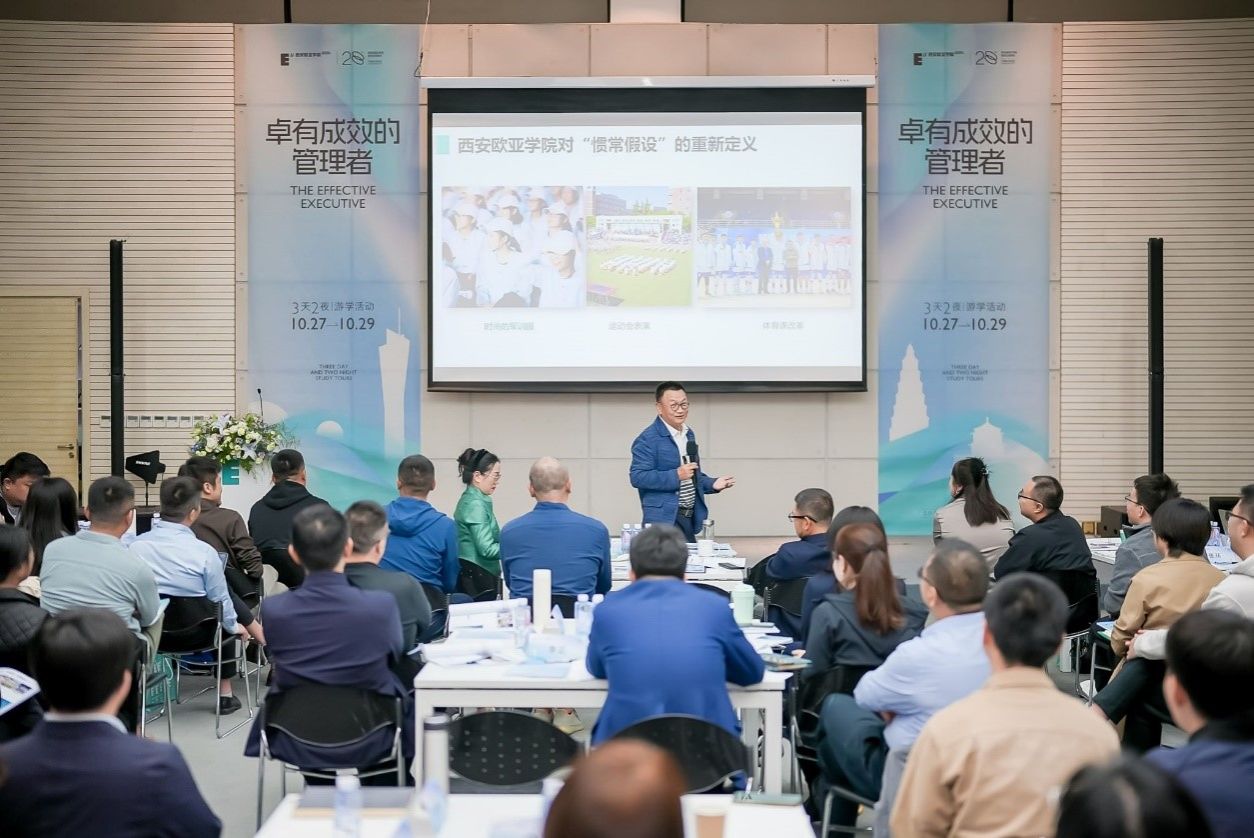
Through three different modes of thinking—logical thinking, critical thinking, and design thinking—along with sharing of content such as the Olin Triangle, a broad view of innovation, and Drucker's three perspectives, Hu Jianbo helped students clarify how executives can distinguish between concepts and facts, make effective decisions, thus break through mental barriers and embark on the path of innovation.
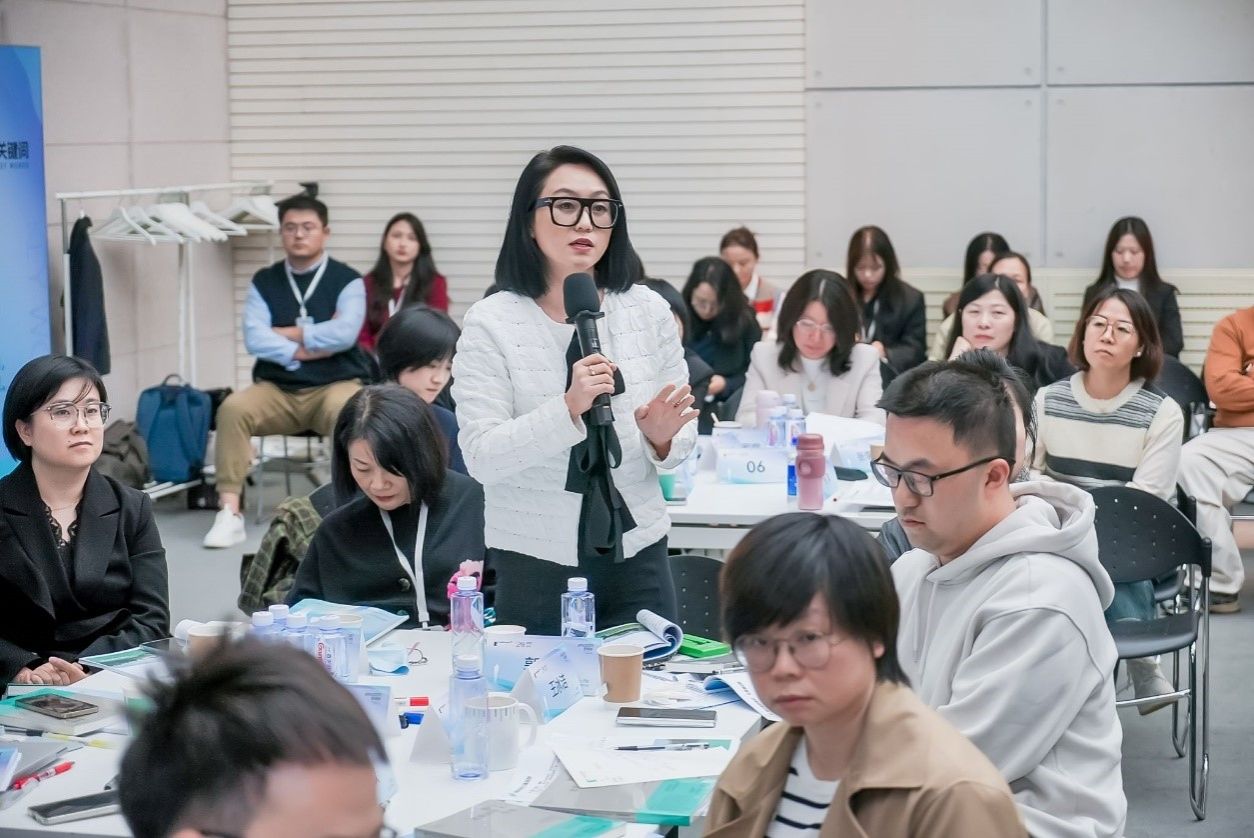
How can we improve critical thinking as a mindset? Critical thinking and Drucker's ideas are deeply practiced in the educational process of Xi'an Eurasia University. For 28 years, the school has persisted in starting from the heart, redefining what makes a "good school," always focusing on "things that will not change in the future," and respecting the original characteristics of students, universities, and teachers. The school has always been diligent in its pursuit. Entrepreneurs, scholars, and teachers present expressed their views and feelings on the application of critical thinking in real life and work.
4
Visiting Drucker Youth Community of Xi'an Eurasia University:
Discussing Knowledge and Action Under Classic Ideologies with Scholars
On the afternoon of October 27, students visited the Xi'an Eurasia University History Museum, Design Museum, and Drucker Youth Community.
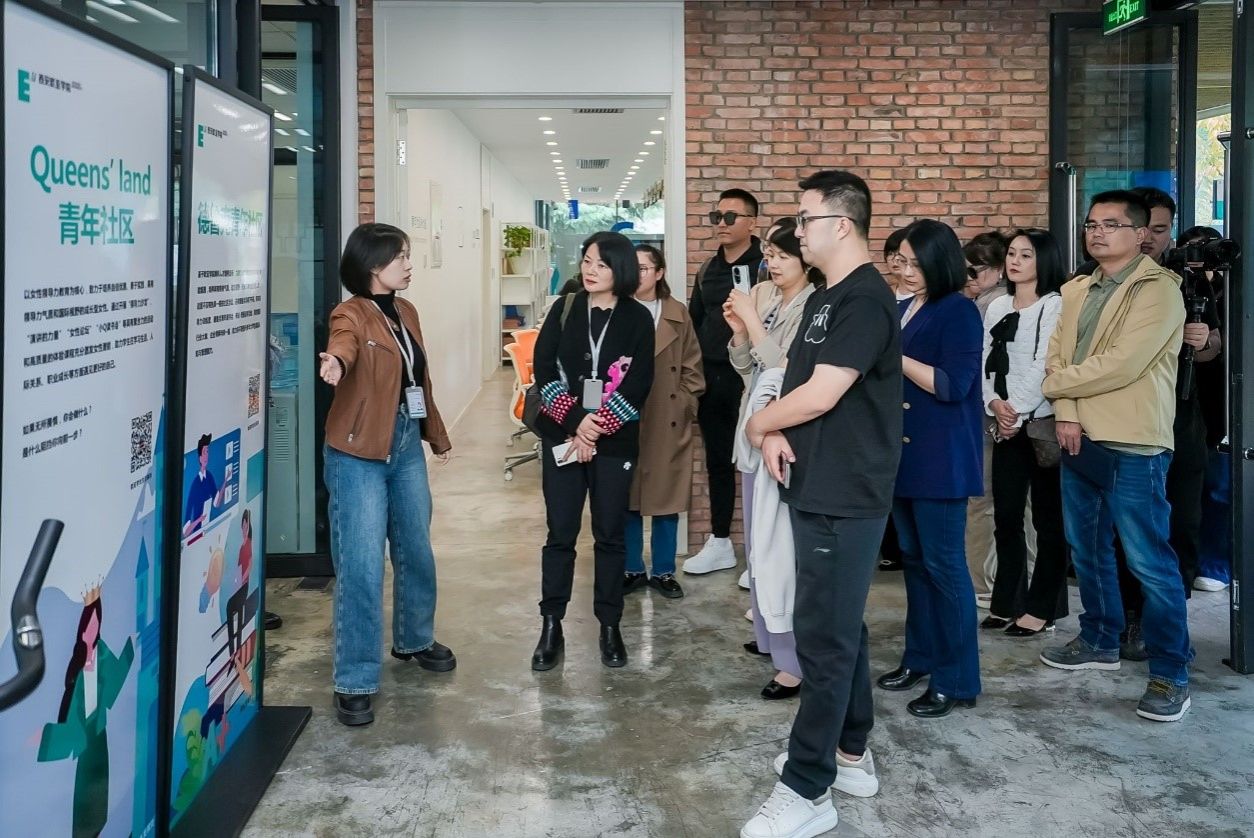
The Drucker Youth Community, as one of the earliest established distinctive youth communities of the school, is committed to providing students with various growth experiences in management skills by guiding them to participate in leadership training, social activities, volunteer services, academic seminars, and others based on the objectives of the business talent cultivation system of the Xi'an Eurasia University. There are distinctive community meetings, afternoon tea sessions with Drucker mentors, Drucker book clubs, simulated enterprises, pyramid training camps, and other characteristic activities. Additionally, industry experts and corporate mentors are regularly invited to join students in "World Coffee" gatherings, where they share Drucker‘s pearls of wisdom. In recent years, the Drucker Youth Community has achieved many successes in developing community culture, enhancing students' overall abilities, and fostering student leadership, as well as behavior development and social engagement.
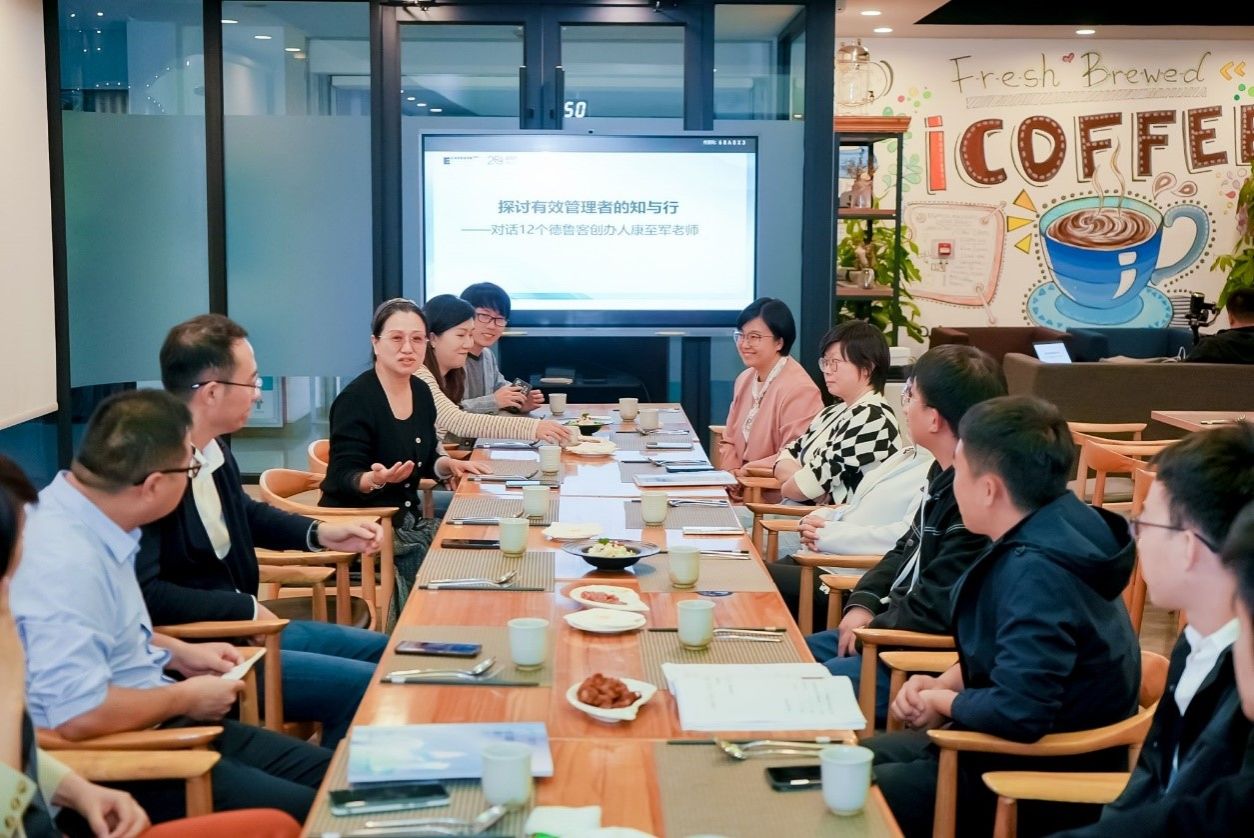
After the visit, students from different industries engaged in in-depth discussions with Hu Jianbo and Kang Zhijun on topics such as Drucker's management philosophy, real-life challenges and pain points encountered in management, and the implementation of management ideas.
Zhang Ying, Senior Partner of "12 Druckers," remarked, "In such a uniquely internationalized university, what we see and feel is a student-centric approach. Peter Drucker's lifelong pursuit of social ecology also focuses on the freedom and growth of every individual. It is a great honor to engage in immersive learning with entrepreneurs, teachers, and students at Xi'an Eurasia University. From various perspectives, we pored over Drucker's classics and enjoyed the charm, aiming to support entrepreneurs in practical innovation and application. This is also the original intention of collaborating with Xi'an Eurasia University to open this course."
Hu Jianbo explained that the idea for this study tour originated from his decade-long study of Drucker's ideas. He gained significant insights from reading Yang Wurui's articles on Drucker's philosophy and attending public lectures by Yang Wurui and Kang Zhijun. He chose to invite top scholars to Xi'an Eurasia University to give lectures and engage in discussions, hoping to benefit more teachers, students, alumni, and entrepreneurs, who can collectively make a greater contribution to regional development.
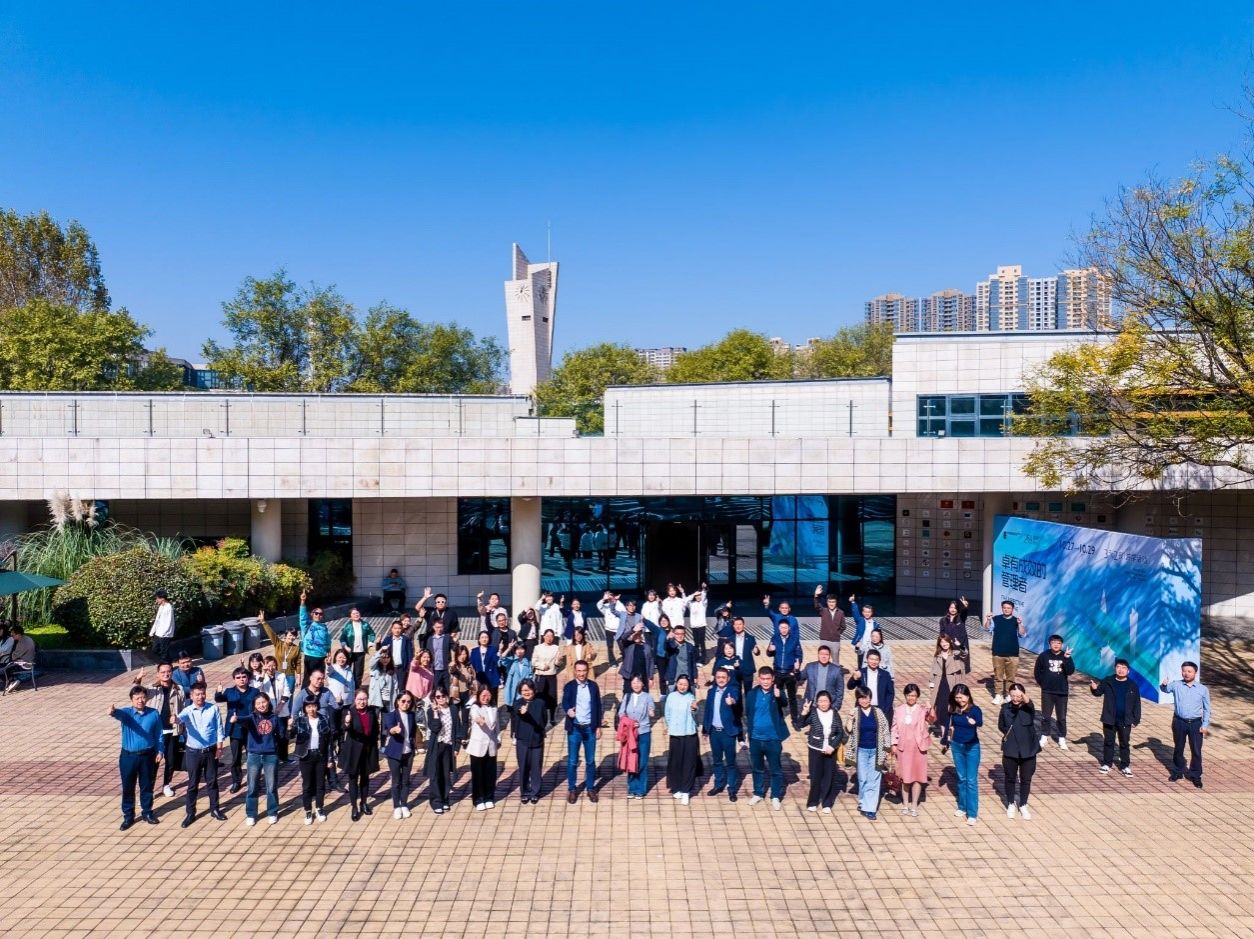
Drucker's executive philosophy was revolutionary in its time and still holds immense value today. At the closing ceremony, Kang Zhijun said, "Embrace the future instead of dwelling on the past; focus on opportunities rather than problems; choose your own path instead of following the crowd; aim high rather than seeking only safety and ease." Since its founding 28 years ago, Xi'an Eurasia University has positioned itself as a leader in business education, focusing on quality contributions. The university strives to create a high-quality and application-oriented learning environment for students, solve practical problems for businesses, and contribute intellectual resources to regional economic development. In the future, the university will continue to organize social service activities under various themes, collaborating with business leaders, alumni, and students to create a brilliant future together.
About the "12 Drucks"
Founded by Mr. Kang Zhijun, "12 Druckers" aims to promote the innovative practice of Drucker's executive wisdom in Chinese enterprises. Through internal training, coaching-like micro-consulting projects, and public outreach, it strives to help companies achieve excellent performance, make organizations more dynamic, and enable individuals to relish fulfilling careers.
(Contributed by Yang Shuhan and Li Jiayu)





